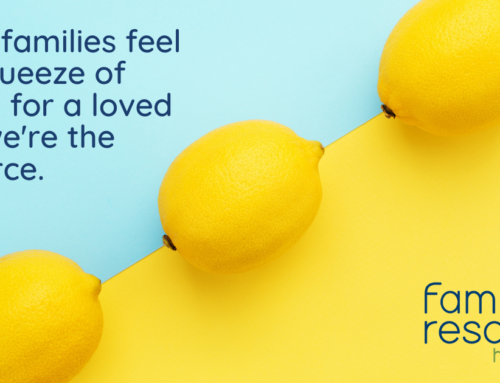Caring for a loved one with a chronic condition or disability is a noble and fulfilling endeavor, but it can also take a significant toll on the caregiver’s health and well-being. According to recent data from the Centers for Disease Control and Prevention (CDC), individuals who provide care for family members or friends with chronic health issues are more likely to experience a range of negative health outcomes compared to those who do not engage in caregiving. This stark reality underscores the importance of seeking respite care through eldercare in home settings, which offers vital support to both caregivers and their loved ones.
The Hidden Health Costs of Caregiving
The CDC’s analysis of health outcomes from 2021 to 2022 reveals that caregivers face worse health in 13 out of 19 key health indicators compared to non-caregivers. These indicators include serious conditions such as heart disease, stroke, diabetes, asthma, and obesity, as well as mental health challenges like depression and frequent mental distress. The study also found that caregivers are more prone to unhealthy behaviors, such as binge and heavy drinking, and are more likely to rate their health as fair or poor.
Over time, the health of caregivers has deteriorated even further, with increases in the prevalence of conditions like asthma, obesity, and depression. This trend is particularly concerning given that roughly one in five U.S. adults provides care for a family member or friend with a chronic condition or disability, with a growing number of these caregivers being aged 60 years or older.
The Need for Respite Care
Given the physical, emotional, and mental demands of caregiving, it’s crucial for families to recognize when they need help. Respite care, especially eldercare in home settings, offers a practical solution that allows family caregivers to take a much-needed break while ensuring that their loved ones continue to receive quality care.
Respite care can take various forms, from a few hours of support each week to longer-term care that enables the primary caregiver to step away for days or even weeks. This temporary relief not only helps prevent caregiver burnout but also allows caregivers to focus on their own health and well-being. By opting for eldercare in home, families can ensure their loved ones remain in a familiar environment, reducing the stress associated with transitions to different care settings.
Public Health Initiatives Supporting Caregivers
The growing recognition of the health challenges faced by caregivers has prompted significant attention from public health agencies. In response to the CDC’s findings and the broader societal need, President Joseph Biden signed an executive order aimed at enhancing support for care professionals and family caregivers. Following this, agencies such as the CDC and the Centers for Medicare & Medicaid Services (CMS) have developed new initiatives and roadmaps to support caregivers’ mental health and physical well-being.
These efforts underscore the importance of caregivers taking proactive steps to safeguard their health. One of the most effective ways to do this is by incorporating eldercare in home services into their caregiving routine. By doing so, caregivers can alleviate the strain on their health while continuing to provide compassionate care for their loved ones.
Conclusion: Taking the First Step Toward Healthier Caregiving
Respite care is not a luxury—it’s a necessity for the well-being of both caregivers and the individuals they support. The data from the CDC serves as a powerful reminder that the health of caregivers is at risk, and taking steps to protect it is essential. Families should not hesitate to explore eldercare in home options to provide the necessary relief and support. By prioritizing respite care, caregivers can ensure that they are physically and emotionally equipped to continue their vital role, all while maintaining their own health and quality of life.
Finding Eldercare In Home Near You
If you’re a caregiver feeling the strain of your responsibilities, consider reaching out to our eldercare in home providers. With over 30 locations across Washington, Oregon, and Idaho, we offer a wide array of services tailored to your needs, including respite care. Taking that first step toward utilizing our respite care services can make a world of difference for both you and your loved one, ensuring that you receive the support you need while your loved one continues to receive compassionate care.
Sources:






